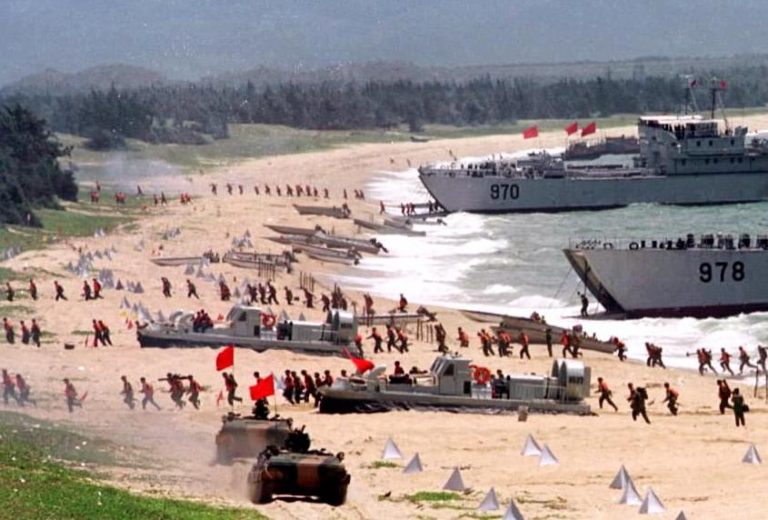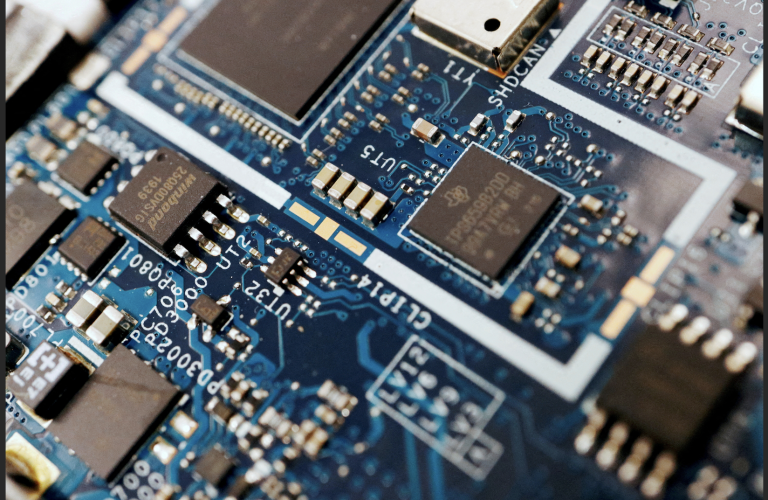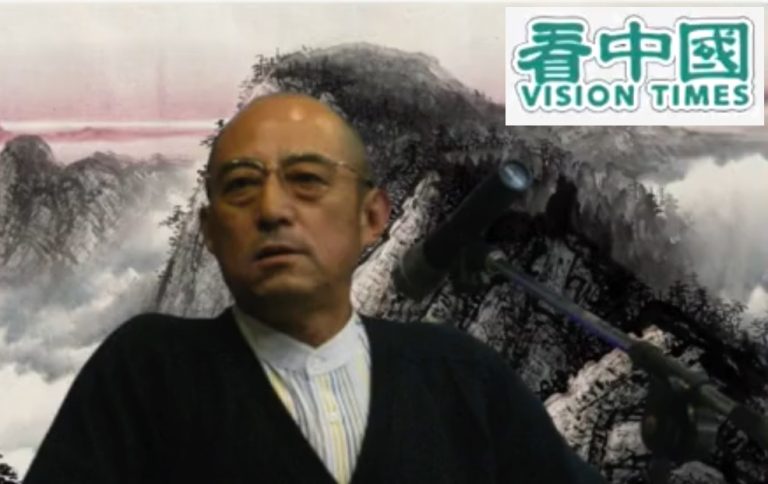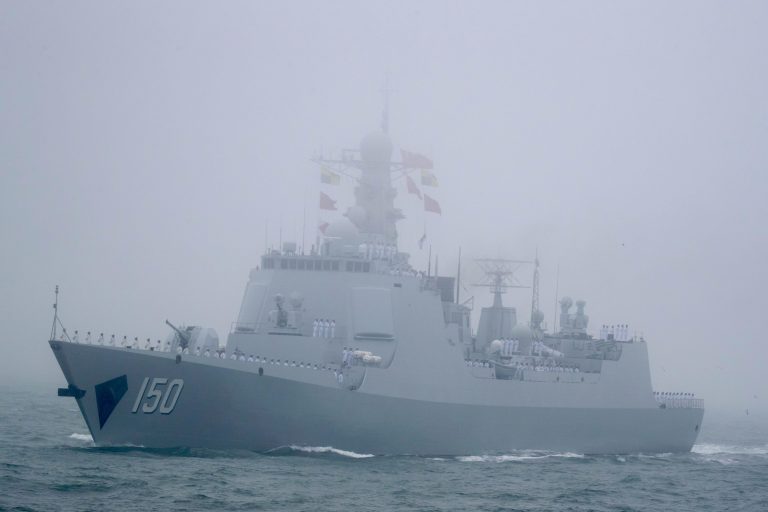The arrival of six U.S. senators in Taiwan on April 15 has elicited angry response from Communist China, which announced major military drills the following day.
Led by Sen. Lindsey Graham (R-SC), the delegation met with Taiwan president Tsai Ing-wen as well as other senior officials, including minister of national defense Chiu Kuo-cheng.
“We are here today to show our support for Taiwan,” Graham said, saying that “to abandon Taiwan would be to abandon democracy and freedom” in the face of Beijing’s designs on the island.
Taiwan gets its official name from the Republic of China (ROC), which lost mainland China to communist rebellion after World War II. The Chinese Communist Party (CCP) claims Taiwan as a breakaway province, arguing that its People’s Republic is a successor state to the ROC.
Graham and the five other legislators landed in Taipei, Taiwan’s capital, in a U.S. Air Force Boeing C-40C.
Beijing: US sends ‘wrong signals’ on Taiwan
Success
You are now signed up for our newsletter
Success
Check your email to complete sign up
Mainland Chinese forces conducted a large-scale military exercise on Friday, April 16, in response to the U.S. lawmakers’ visit.
According to Col. Shi Yi, a spokesman for the People’s Liberation Army (PLA) Eastern Theater Command, the PLA sent aircraft, warships, and troops to participate in combat readiness drills in the East China Sea, including the Taiwan Strait.
Zhao Lijian, the mainland foreign ministry spokesman, described the combined arms drills as a response to the “recent negative actions of the U.S., including the visit of a delegation of lawmakers to Taiwan.”
READ MORE
- China Warns US Against Expanding ‘Pacific Version of NATO,’ Threatens Retaliation for Supporting Taiwan
- Following Confirmed Security Deal, Leaked File Reveals China Intended to Build Naval Base in the Solomon Islands
- Biden Says US Committed to Taiwan’s Defense, Pentagon Appoints Taiwan-born Undersecretary
The communist regime will “continue to take strong measures to resolutely safeguard its sovereignty,” Zhao told reporters in a Friday press briefing.
The Eastern Theater Command added that Washington had become wont to release “wrong signals” on Taiwan.
“The U.S. bad actions and tricks are completely futile and very dangerous. Those who play with fire will burn themselves.”
While the U.S. has stationed troops in Taiwan before, it withdrew them before the United Nations decided in 1971 to drop recognition of the ROC in favor of the People’s Republic of China (PRC). Due to the U.N.’s “one China” policy, only a handful of countries still officially recognize Taipei.
In recent months, the PLA has run hundreds of sorties near Taiwan’s airspace, while undertaking various drills to simulate an invasion of the island.
Toughening stance on China
Apart from Graham, the other U.S. legislators who visited Taiwan include Sens. Robert Menendez (D-NJ), Richard Burr (R-NC), Robert Portman (R-OH), and Ronny Jackson (R-TX).
Menendez said that while the delegation was aware of the PRC’s protests over the Taiwan visit, “it won’t dissuade us in the future in supporting Taiwan,” he said while at President Tsai’s office.
The senator from New Jersey heads the Senate’s Foreign Relations Committee
Graham told Tsai that “we are going to start making China pay a greater price for what they are doing all over the world,” singling out Beijing’s partnership with Russia, which invaded Ukraine in February.
READ MORE
- Russian Invasion of Ukraine Casts an Ominous Shadow Over Taiwan
- China’s Reaction to Biden-Xi Call Exposes Its Fear of International Pressure Amid Russia-Ukraine War
“The support for Putin must come with a price,” he said. “To abandon Taiwan would be to abandon democracy and freedom. There’s a backlash growing in the world to thuggery, to the bad guys.”
Other members of the delegation also delivered speeches in support of Taiwan.
In recent months, the Biden administration has taken a harder geopolitical line on both China and Russia, enacting sanctions on the latter for its war in Ukraine while issuing condemnation of the PRC, particularly Chinese leader Xi Jinping.
A poll by the Pew Research Center released March 4, 2021 showed that 89 percent of respondents viewed China as a “competitor or enemy, rather than a partner,” for the U.S.
On Feb. 10, a Politico newsletter described a growing trend of being “tough on China” among U.S. Congressional candidates, calling the stance a “new electoral purity test.”
Washington’s recent efforts to take Beijing to task over its economic malfeasance, international aggression, and human rights abuses picked up speed during the Trump administration, when then-Secretary of State Mike Pompeo and others issued pointed condemnation of the Communist Party and its Marxist-Leninist ideology.
The current administration, while occasionally making mention of the CCP, has preferred to target Xi and the Chinese state as a whole rather than Marxist ideology, framing the issue as a matter of “democracy” versus “autocracy.”













